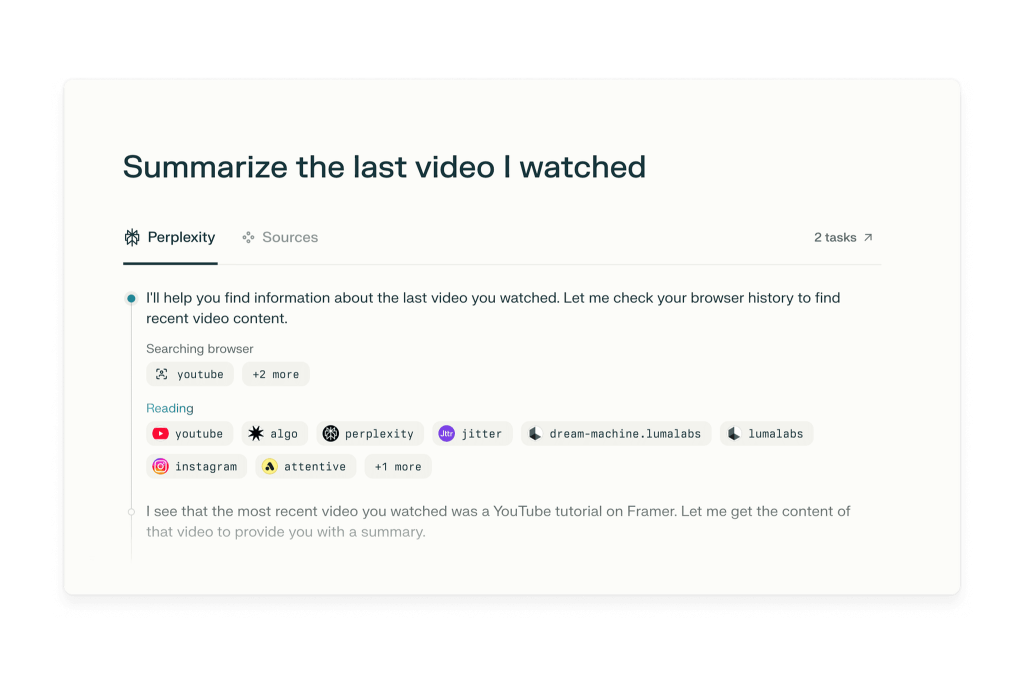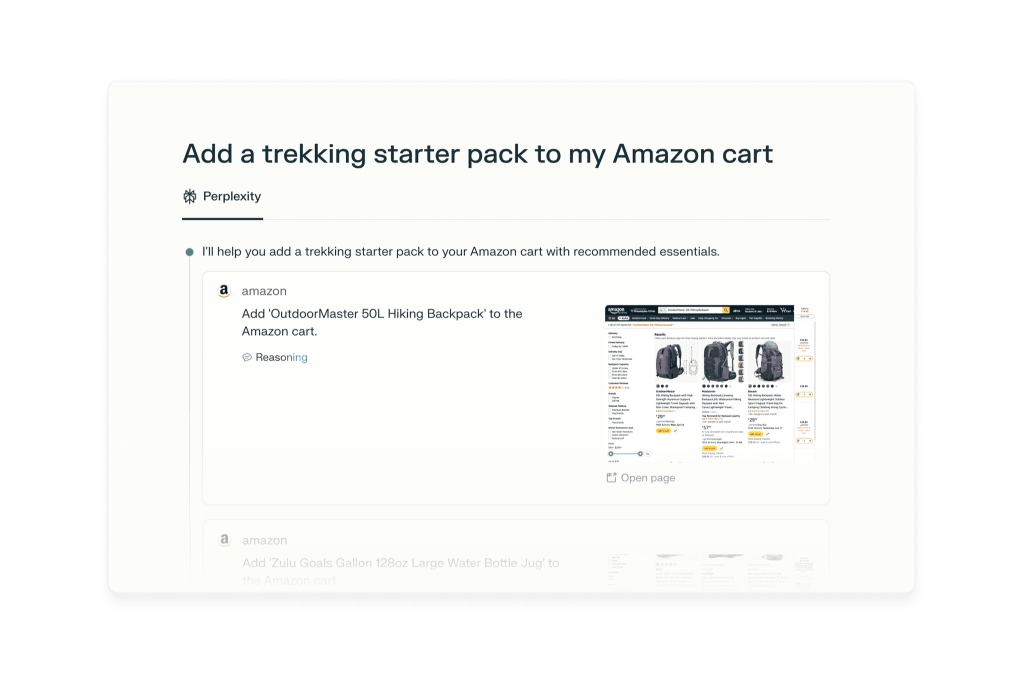Perplexity AI has launched a new AI-powered browser called Comet, and it is already making waves. The web browser is designed to do much more than just display web pages. It understands what you are doing and helps you get things done. If you are someone who likes to explore AI tools, you should know about Comet. In this detailed guide, I will try to explain everything you need to know about Comet, its availability, and all features.
What is Perplexity Comet?
Comet is a smart browser built with AI at its core. Instead of just helping you surf the web, it aims to understand your intent and offer relevant actions, summaries, suggestions, and even perform tasks for you. Think of it as a browser and a personal assistant combined.
Comet is built on the same Chromium engine that powers Google Chrome. So, you get full support for Chrome extensions, a familiar user interface, and easy migration of bookmarks and settings.
You can ask Comet anything. It reads the page you are on and gives you smart answers. You do not need to open new tabs. It even follows your follow-up questions like a real conversation.
Comet can do more than search. It can compare products, help you buy something, write an email, schedule meetings, and plan your travel. Basically, it works like a smart assistant inside your browser.



It comes integrated with Perplexity search. Instead of showing 10 blue links like Google, Comet gives you direct results, summaries, and suggestions. The browser remembers your research history and gives better answers over time.
The most important feature is Privacy. Comet does not use your personal data to train its AI. Your browsing stays private. It also introduced a way to pay publishers when their content is used.
Availability
For now, Perplexity has only released desktop versions for Windows and Mac. Mobile apps are coming soon. Right now, Comet is in early access and is only available to Perplexity Max users, which costs around $200/month. A free version might come later, but it is not available yet.
Comet has the potential to be more than just a Chrome alternative. It brings together the familiarity of Chrome’s ecosystem with the intelligence of a task-focused AI assistant. That sounds interesting, but execution will be everything.
The idea of building a dedicated AI-first browser makes sense. A browser gives Perplexity more control over the user experience, better integration of AI tools, and the ability to offer features that go beyond what a Chrome extension can do. It is not just about summarizing a page or doing some basic tasks; it is about guiding users through research, comparisons, and multi-step workflows without ever needing to switch tabs or copy-paste anything. In that sense, Comet is more than just a wrapper around Perplexity’s AI.
But we shouldn’t forget that users do not like switching browsers. Chrome works for them. It is fast, it syncs with everything, and people are used to it. Asking users to leave that behind is a big ask, until there’s a big reason for it.
Then there is the pricing. Even if there is a free version in the future, we can assume most powerful features will be locked behind a paywall. That will limit adoption. Many people are already using free tools like ChatGPT or Perplexity’s existing Chrome extension. For them, a separate, paid browser might feel like overkill.
Perplexity could still release a more advanced Chrome extension with smarter features, and for a lot of people, that would be enough. After all, not everyone needs a full browser overhaul just to get better search results. Still, there is a niche audience who may find value in a browser that truly understands context, history, and goals. For them, Comet could become the main workspace.
In short, Comet is interesting. But it is not just about having smarter AI. It is about making users change habits, pay more, and accept a new way of browsing. That will take more than just hype. Let’s see if Perplexity can pull it off.



